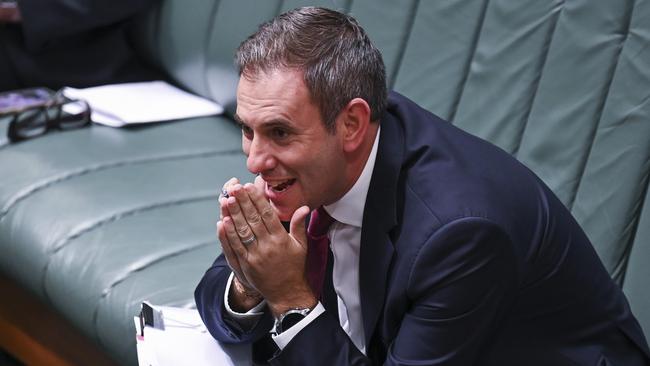
Last week, US news agency Bloomberg cast a disparaging eye over Australia’s decrepit fiscal architecture. Australia’s budget deficit wasn’t the result of excessive spending but a “budget shortfall”.
We could hardly blame the Treasurer for going into the red when he was running out of things to tax. “At the heart of the problem are large areas of wealth that are all but exempt from taxation, leading to an over-reliance on income taxes,” wrote Ben Westcott and Swati Pandey.
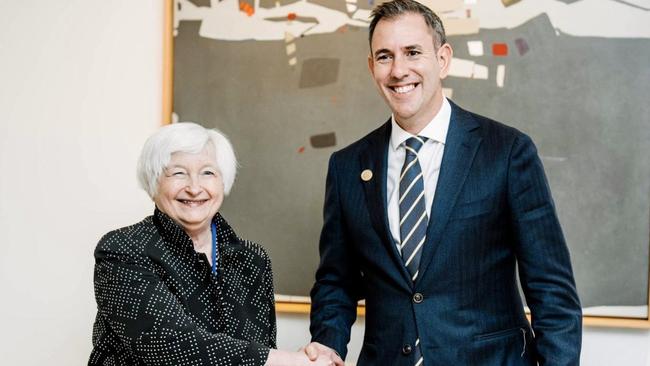
Economic historians may one day debate when it was that governments abandoned the imperative to balance the budget. Was it 2008, when the Rudd Labor government panicked during a brief international financial crisis and began shovelling money out of the door? Or was it 2022, when a newly elected Labor government determined that emergency levels of pandemic spending would be the new normal?
Either way, two decades from now there will be little doubt about the consequences, when the kids entering high school today will be among a shrinking proportion of taxpayers carrying an obese government on their backs. They will be entitled to feel resentful of a Labor government that chose not to pare back public spending to pre-pandemic levels, and persisted in living beyond its means.
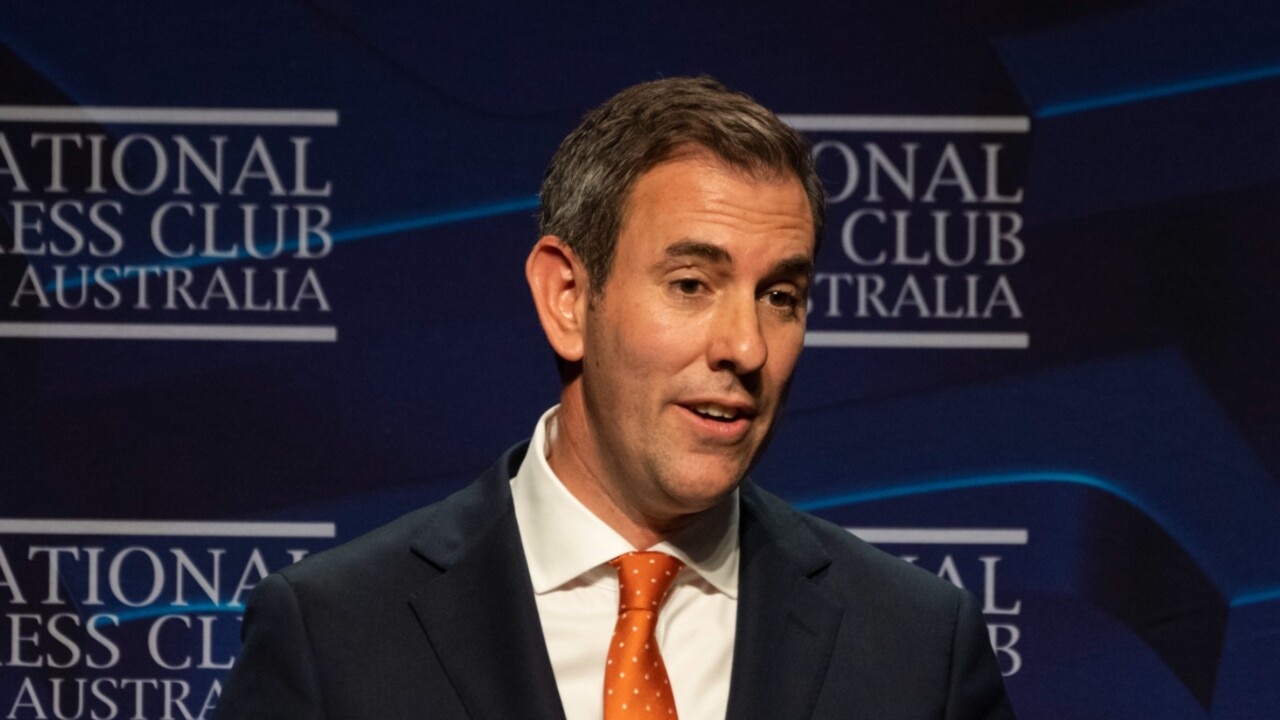
Forecast government spending over the next 10 years will average more than 27 per cent of gross domestic product, 2 per cent higher than the average for the last 20.
It amounts to the most radical change in fiscal policy for probably 30 years. The economy will be substantially rebalanced in favour of the public sector, while businesses will find it harder to borrow and compete. Productivity and economic growth will be stunted. Perhaps the most insidious effect of Jim Chalmers’s fiscal incontinence, however, will be to push up prices, since inflation always and everywhere has a fiscal and monetary component.
All this is happening in front of our eyes without anything resembling an electoral mandate. There is little fuss in the mainstream press or friendly think tanks, such as the Grattan Institute.
Last week the Grattan Institute published a report entitled Back in Black?, which might have been encouraging were it not for the question mark. While the report says returning the budget to surplus demands a reduction in spending and an increase in revenue, it heavily favours the latter.
The Grattan Institute manages to find just $15bn in costed savings from a budget of more than $600bn. It suggests saving $1.4bn by scrapping Family Tax Benefit Part B for two parent families.

For Grattan, pressuring mothers of dependent children into the workforce is apparently a good thing. So too is taxing equity in the family home by including it in the Age Pension asset test. This tax-grab on unrealised capital gains will save another $4bn. Other proposed savings – like undoing the WA GST deal or reviewing defence procurement arrangements – are political non-starters.
The revenue-raising proposals are treated with greater enthusiasm. Grattan suggests the government could raise $21bn in reduced tax concessions on superannuation, capital gains tax, negative gearing and family trusts. It also recommends that the government break its 2022 election promise to implement the stage three tax cuts and instead retain the 37 per cent rate.
The report goes on to include a set of uncosted revenue grabs under the appropriately worded heading “bolder options”. Of these, realigning company tax rates at 30 per cent is arguably the least-worst. The others Grattan favours are a carbon tax and an inheritance tax.
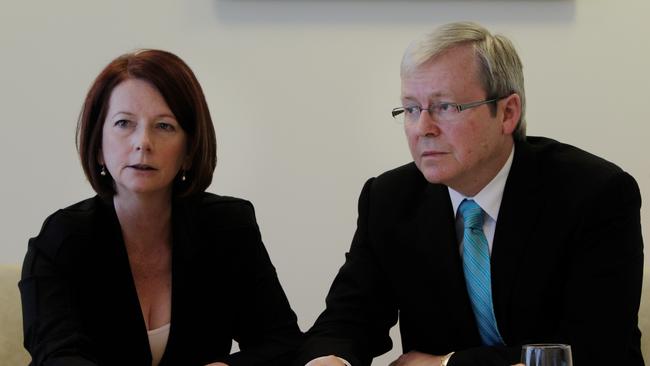
The best hope is that Grattan’s deficit-busting ideas are so politically toxic that even Labor would reject them. The bad news is that Labor appears to have few ideas of its own as to how to cut spending and is searching hungrily for more revenue.
Since the ageing population makes extracting more in income tax harder, a tax-and-spend government like this one must look to taxing wealth. Personal retirement savings, whether in superannuation or property, are no longer sacred territory, if indeed they ever were.
We are now back in that dispiriting world Robert Menzies spoke of 80 years ago in his Forgotten People broadcast, with measures that penalise the thrifty, discourage independence and look on income from savings as if it possessed a somewhat discreditable character.
The great tragedy is that the fiscal consequences of ageing have been known for at least 20 years.
In 2002, Peter Costello’s first Intergenerational Report forecasted that the dependency ratio (the proportion of non-working age people to those of working age) would rise steeply in the coming decades. That ratio was 48.5 to 51.5 at the time of the report, well below the world average.
At the time of the 2021 census it had risen to 54.3 to 45.7, putting it on track to meet Treasury’s 2002 forecast of 64.3 to 35.7 in 20 years’ time.
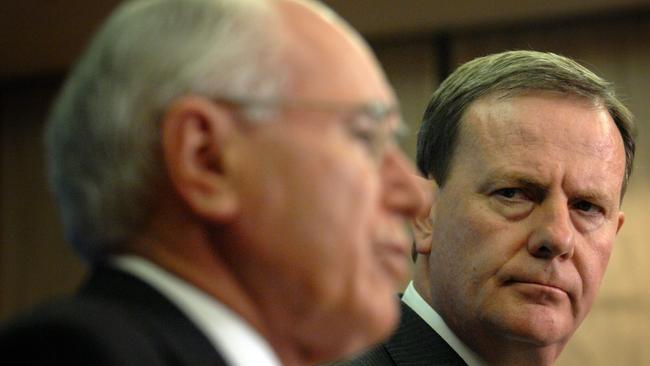
The underlying drivers are unlikely to change. More people will live longer and fewer will have babies. Immigration can offset those factors only slightly and the long-term effects cannot be avoided since immigrants possess no magical immunity to the ageing process. Yet we’ve been watching recurrent spending rise without a care in the world.
Since 2008-09, social security and welfare expenditure has increased from 8.7 per cent of GDP to 11.7 per cent. Spending on health has risen from 4.1 per cent to 4.8 per cent of GDP, education from 1.7 per cent to 2.1 per cent and transport expenditure from 0.4 per cent of GDP to 0.7 per cent of GDP.
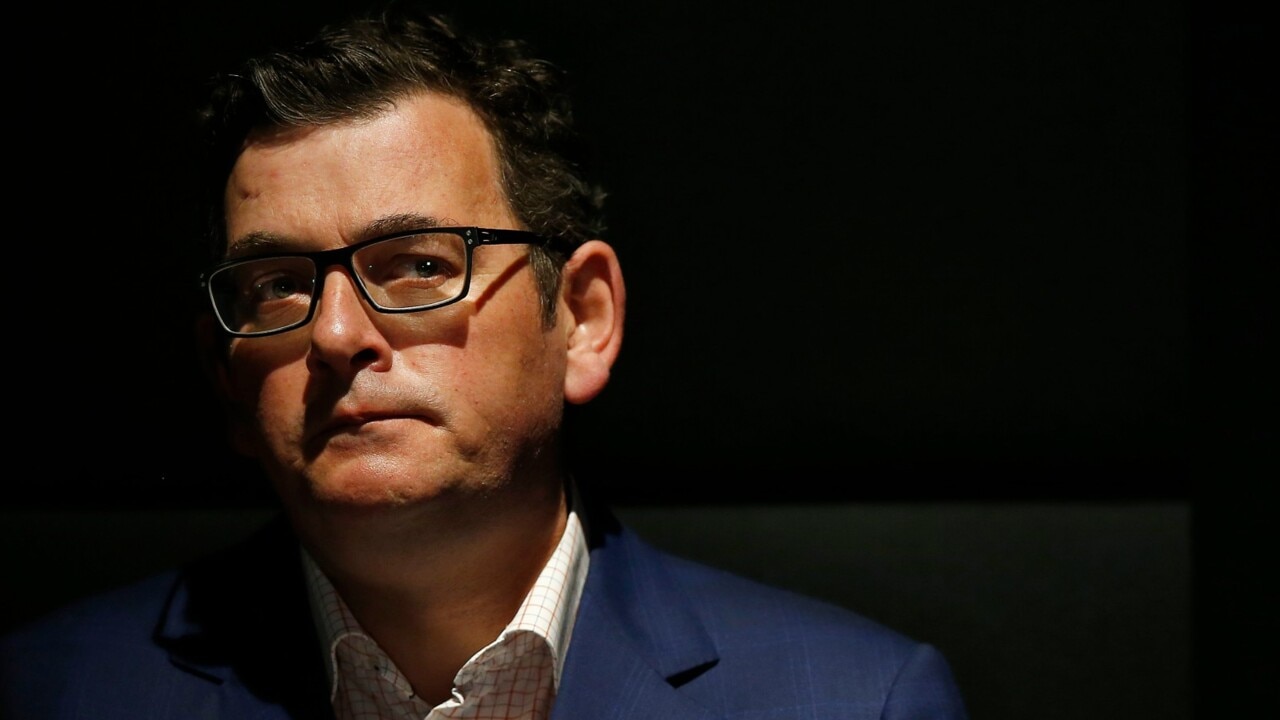
Those rises alone add an extra burden on the economy equivalent to almost 5 per cent of GDP. The necessary increases to the defence budget seem almost paltry by comparison.
Labor’s lack of interest in reining in spending may be due to a shortfall of political courage, a common enough failing on both sides of parliament.
Prioritising spending and trading off the most pressing measures against the least is a difficult game. It is hard to escape the impression, however, that bigger, more economically and socially intrusive government is the main aim. The inability to pay for it is a short-term frustration in the execution of a grander project.
Nick Cater is Senior Fellow at the Menzies Research Centre





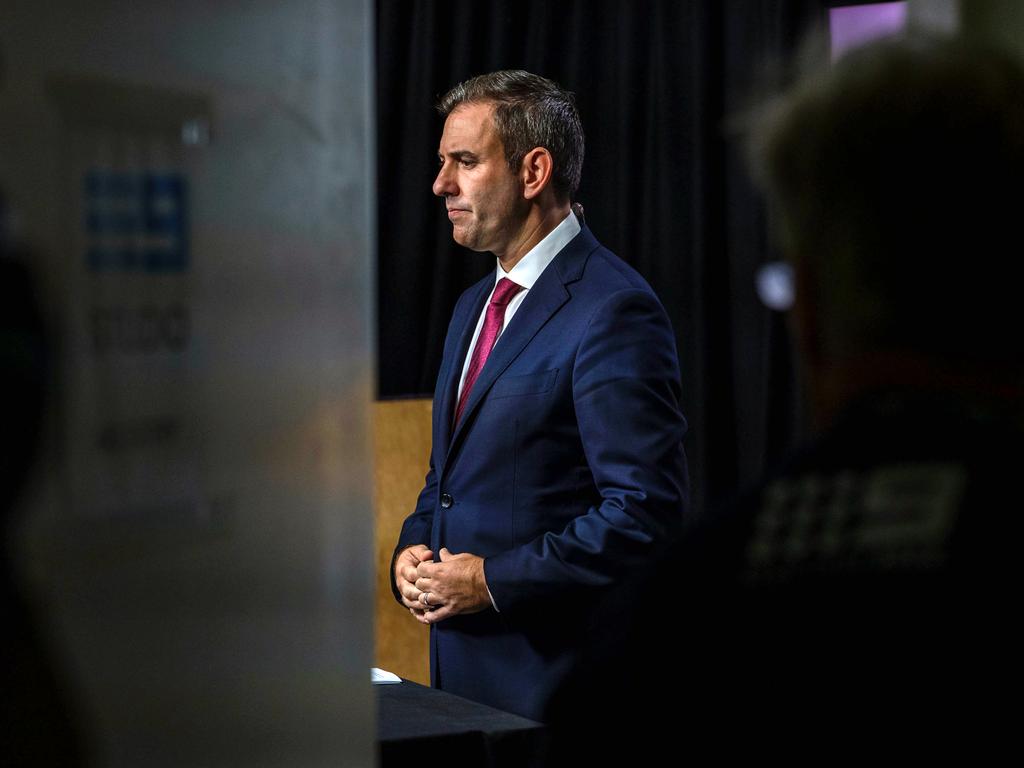
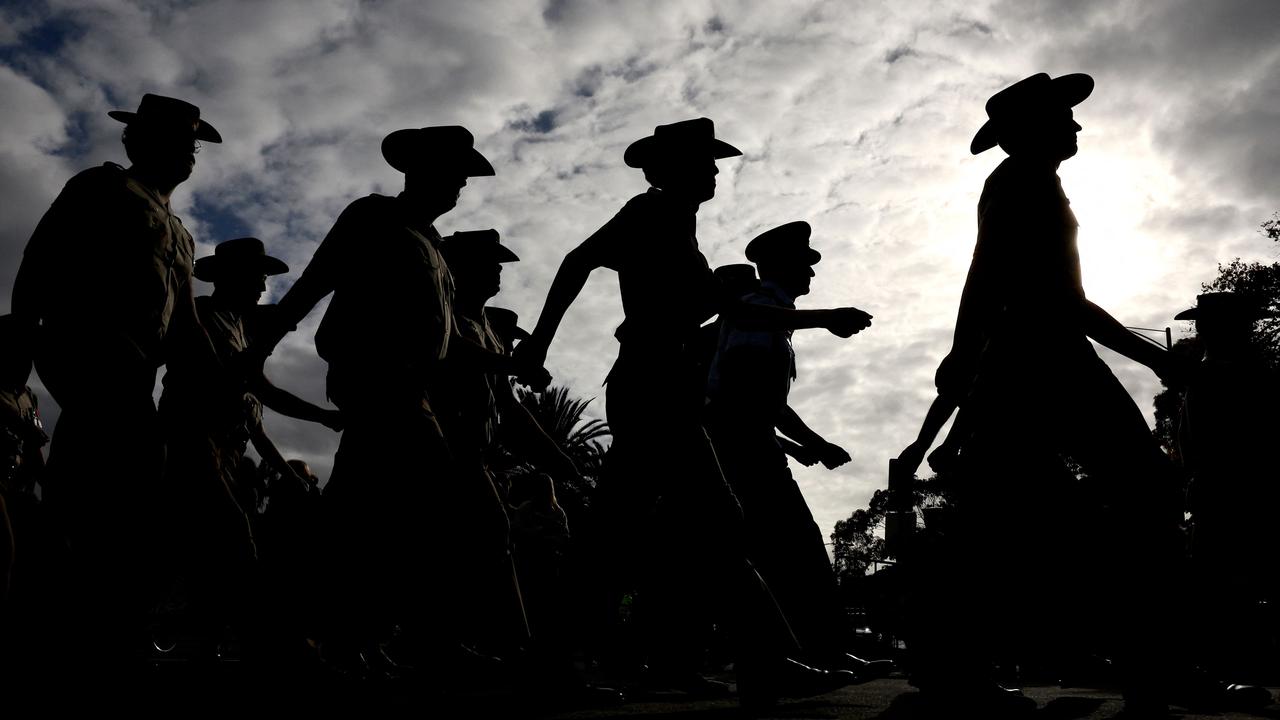
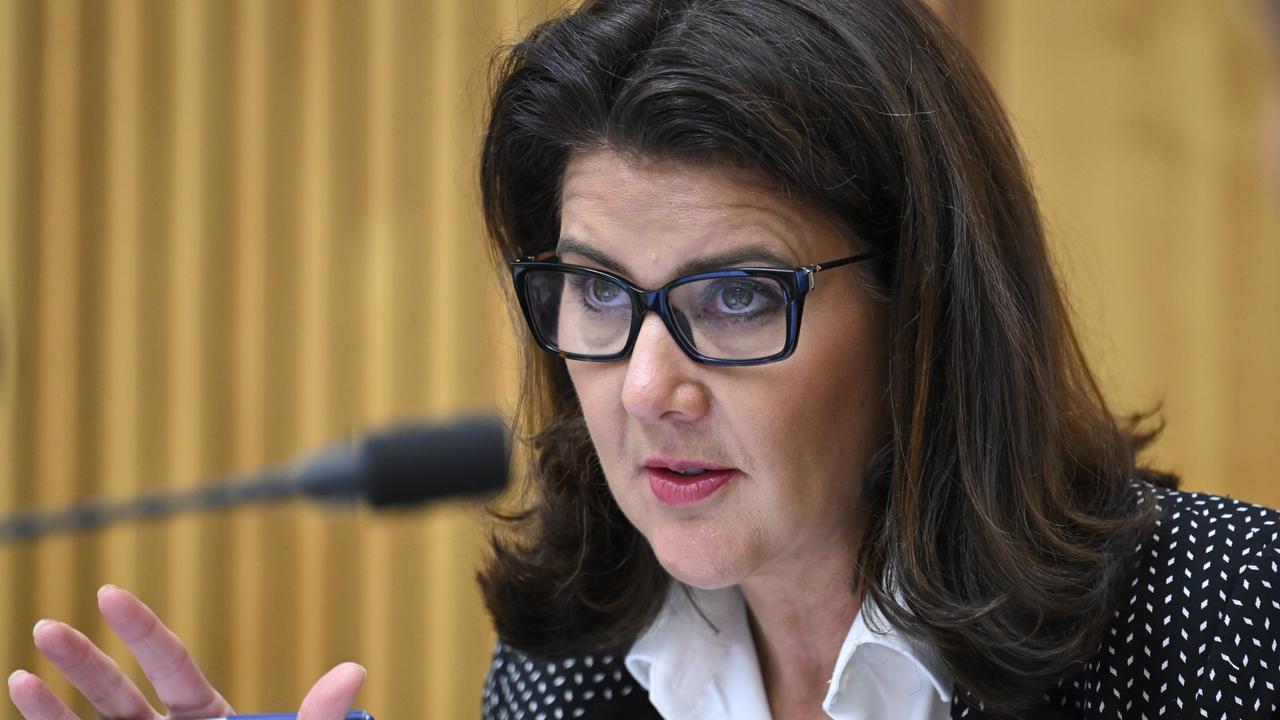
There was a time when governments that persistently spent more money than they received were considered irresponsible. Today we are expected to believe budget deficits are the result of an ageing tax system that’s incapable of extracting sufficient funds from its citizens to support the ever-expanding state.